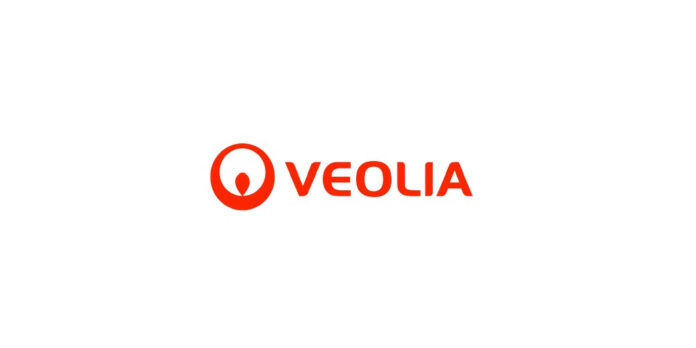Boston– Veolia has acquired three hazardous waste management firms in the United States and is expanding its treatment infrastructure, as the French company pushes to double its North American business amid rising demand from industry and healthcare sectors.
The newly acquired companies include New England Disposal Technologies and New England MedWaste in Massachusetts, as well as Ingenium in California. The Massachusetts deals give Veolia control of the state’s only permitted medical waste disposal facility and two of its three household hazardous waste sites. In California, Ingenium adds expertise in managing a range of hazardous and medical waste streams, and builds on a previous partnership for incineration capacity at Veolia’s U.S. plants.
Veolia says the acquisitions are part of a $350 million global investment drive aimed at expanding its waste treatment capabilities. The move comes as industries bring manufacturing back to the U.S. and as demand grows for environmentally secure disposal of toxic materials.
The company also highlighted progress on a major expansion of its high-temperature hazardous waste incinerator in Gum Springs, Arkansas. Once completed, the site is expected to be one of the most advanced facilities of its kind globally, featuring energy recovery systems and earning EPA recognition under its recycling classification system.
Veolia operates six incinerators across three U.S. sites—in Texas, Arkansas, and Illinois—and manages 49 transfer and transport hubs in 29 states. The company says this national footprint enables it to respond effectively to the increasing hazardous waste output from sectors such as healthcare, life sciences, and heavy industry.
Executives at Veolia framed the U.S. expansion as both a business opportunity and a public health imperative. “Hazardous waste treatment is becoming a strategic bottleneck for many industries,” said Estelle Brachlianoff, Veolia’s global CEO. “By reinforcing our footprint through both organic investment and acquisition, we are positioning Veolia to remain ahead of the curve.”
The company is aiming to scale up what it calls its “GreenUp” strategy—focused on pollution control, resource preservation, and carbon reduction—while cementing its role as a leading hazardous waste processor in North America.


